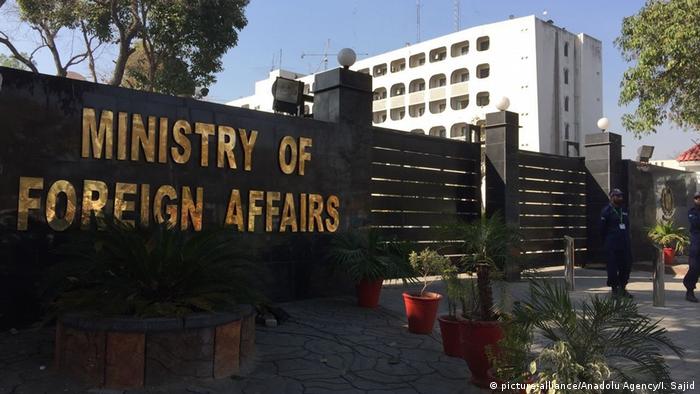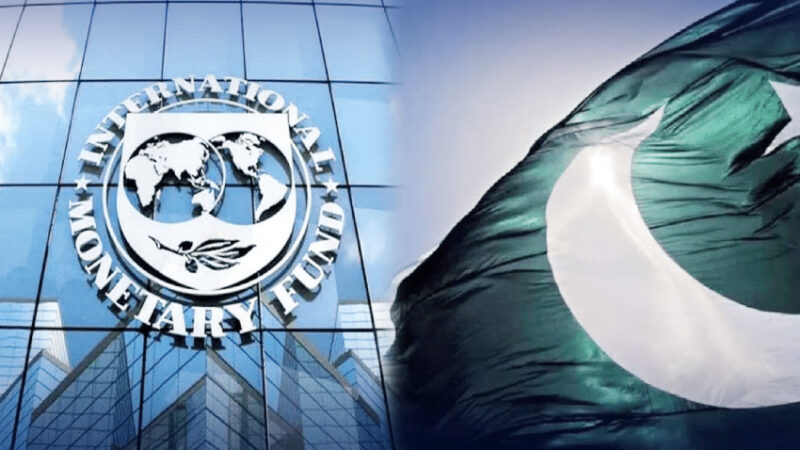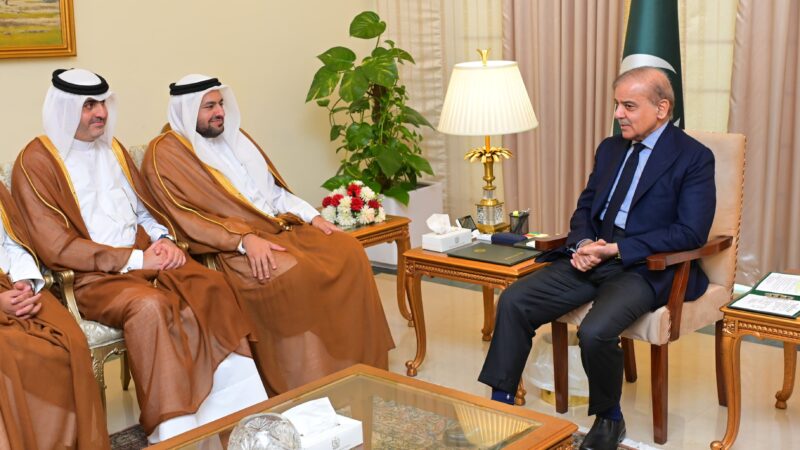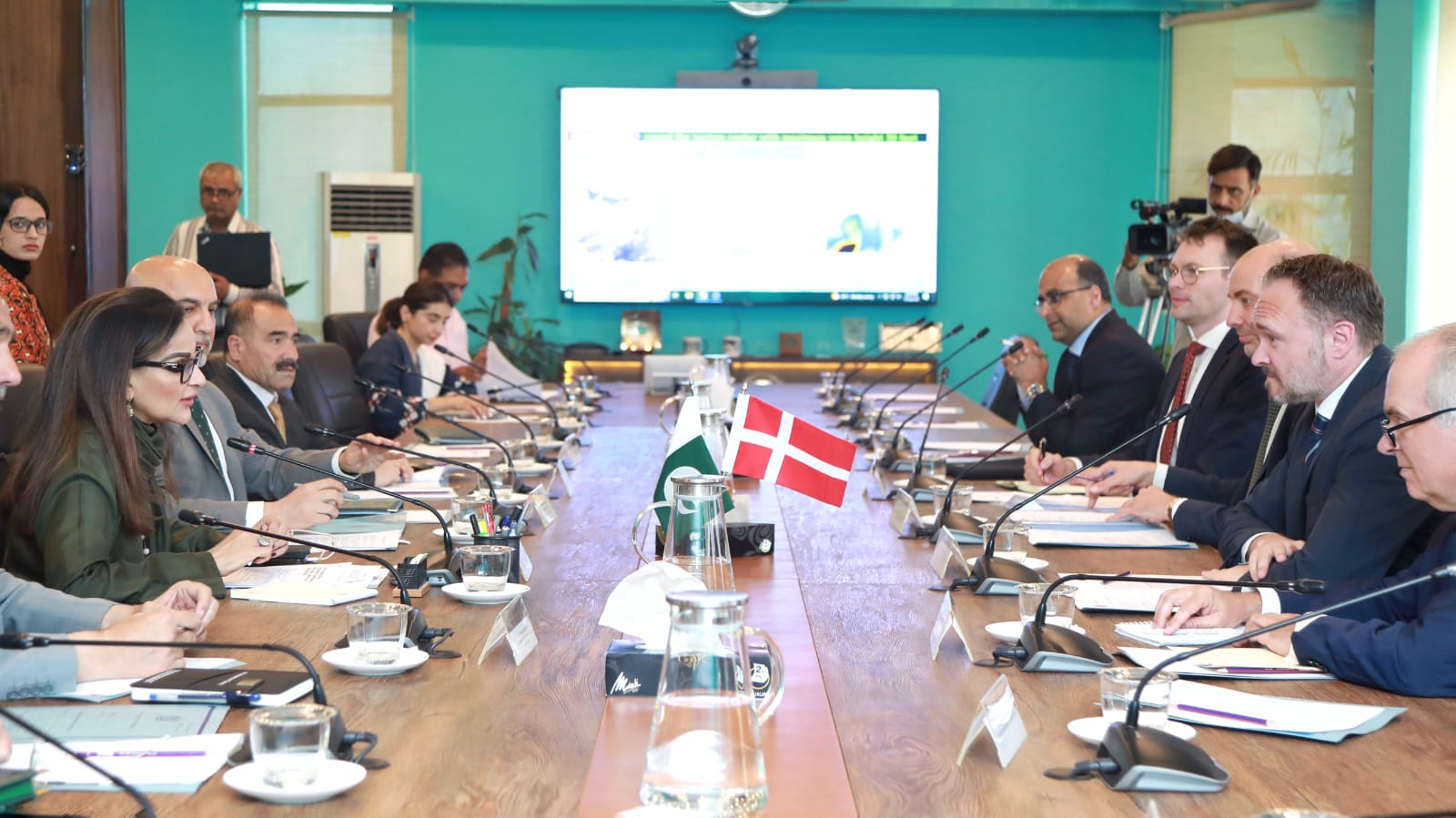Islamabad, Federal Minister for Climate Change & Environmental Coordination, Senator Sherry Rehman welcomed Denmark’s Minister for Development Cooperation and Global Climate Policy, Dan Jørgensen with his delegation for a high-level meeting at the Climate Ministry. The Danish Minister was accompanied by a delegation that included Climate Ambassador of Denmark, Tomas Anker Christensen and Ambassador of Denmark to Pakistan, Jakob Linulf.
While sharing information and concerns on the possible impacts of Cyclone Biparjoy, Minister Rehman highlighted the longstanding bilateral relations between the two countries and appreciated Denmark’s support for Pakistan at the International Conference for Climate Resilient Pakistan, that was held in Geneva earlier this year. She also said that Pakistan is currently bracing for one climate emergency after another, which has put parts of the country in a perpetual recovery trap. “I have consistently highlighted throughout the year that Pakistan has become a hotspot for climate change. The acceleration of climate impacts, with a cyclone hitting the same most vulnerable areas traps entire areas in a cycle of destroyed recovery, where they end up facing the impacts of a fresh disaster while rebuilding from an older one, like the 2022 catastrophic flood. This has already created an arc of extreme vulnerability in the coastal areas of Pakistan, which are likely to be impacted afresh by the Category 3 cyclone. Once again, we are faced with the responsibility of caring for a significantly large population residing in these coastal areas, which will take a long time to recover,” said the Minister.
Minister Jørgensen emphasized the enhancement of joint efforts on the Green Framework cooperation between the two countries. Minister Rehman stated that through a Joint Action Plan, both countries can cooperate in the areas of green energy transition, early warning systems and wastewater treatment. Minister Rehman extended her gratitude to the Danish delegation for Pakistan’s inclusion in the Danish Energy Transition Initiative (DETI) and for the extension of DETI’s duration for an additional year. She further expressed her appreciation for Denmark’s support in the construction of wastewater treatment plants in Faisalabad and Lahore. Minister Rehman emphasized the importance of scaling up such initiatives to encompass other cities across Pakistan.
Minister Jørgensen expressed his appreciation for the strong bilateral relations shared between Denmark and Pakistan. He emphasized the significant cooperation between the two nations regarding the urgent and growing crisis of climate change. In particular, he commended Minister Rehman for her instrumental role and personal dedication, recognizing her as an essential voice representing the Global South, and acknowledged the immense importance of Minister Rehman’s engagement in addressing this critical issue.
During the meeting, Minister Rehman outlined Pakistan’s current climate challenges, along with challenges faced in adaptation and mitigation. She said that introducing fresh perspectives and policies presents a considerable challenge, as it can be challenging to fully acknowledge climate change as a pervasive issue that influences development across all levels and sectors. Minister Jørgensen acknowledged that climate change is no longer a distant concept confined to the future; rather, it is an immediate reality impacting the present. The devastating floods in Pakistan serve as one of the most severe illustrations of this phenomenon.
While discussing way forward on COP28, Minister Rehman said, “As we approach the Global Stocktake, it is crucial to centralize our arguments and direct our focus towards identifying the shortcomings within the system. This will enable us to realign priorities and effectively tackle the challenges of the present. It is crucial to understand that finance and technical resources play a significant role in bridging the gap between building resilience and avoiding a potential dystopian future. We are significantly off track in terms of meeting the necessary goals to remain within the 1.5°C limit. The usage of plastics, in particular, is projected to triple, exacerbating the existing gaps. At the current pace, we are hurtling towards a 2.8°C world, which will have severe consequences for countries like Pakistan who will feel the burn first.”
The Ministers further reached a consensus on the imperative need to reform the International Financial Architecture to effectively address the requirements of the 21st century, particularly in the context of climate change. Moreover, they recognized the significant milestone achieved with the establishment of the Loss & Damage Fund during COP27. Emphasizing the importance of progress, they underscored the responsibility of the Loss and Damage Fund Transitional Committee to deliver tangible outcomes prior to COP28. Concrete action on this front was deemed crucial to ensure its effectiveness.






